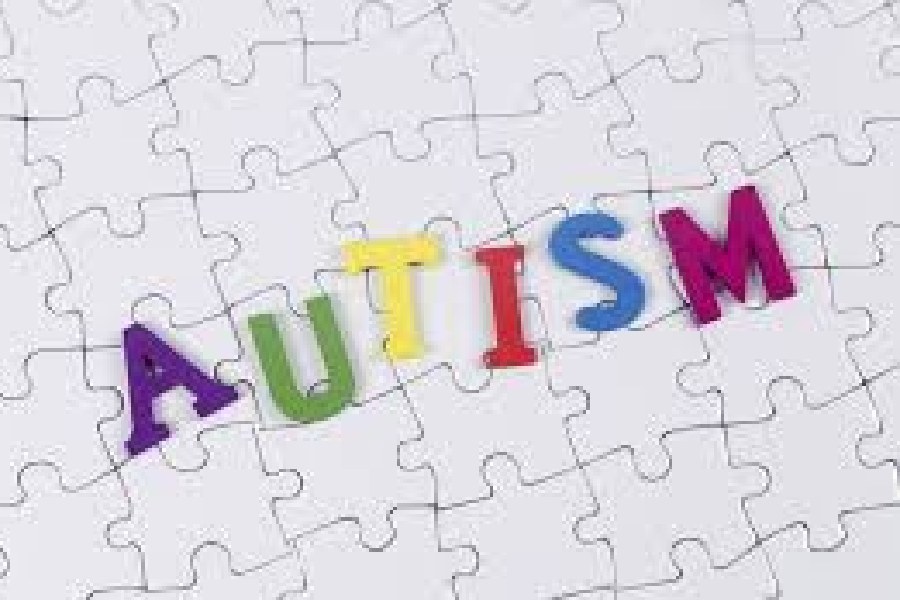Parents of children with autism are often reluctant to take their children to public gatherings fearing embarrassment, said those working with individuals with autism.
“There is a general sense of disbelief about children with autism or those with special needs that they are not capable of doing things. This kind of thinking is a further setback to parents,” said Chaitali Gami, technical adviser of Parivaar — a national confederation of parents’ organisations for “persons with intellectual and developmental disabilities”.
Gami cited an example of a 22-year-old who travels independently. Once, he boarded the wrong bus and was dropped off at the wrong location. The parents were criticised for letting their son travel alone, said Gami.
“The boy, however, had travelled back on his own. His parents had trained him,” she said.
Gami and several other parents with children with autism organised a two-day national autism convention in November.
At the convention, they launched an “Autism Outdoor Card” that provided individuals with autism discounts at select resorts, restaurants and salons.
“We want to encourage more parents to take their children out without feeling embarrassed. We hope the people around them are more accepting. Curious glances if their children have behavioural issues, can also be disconcerting for parents,” said Sumitra Paul Bakshi, a member of the convention’s organising committee.
“The idea is to create more visibility and hence more awareness,” she said.
“The visibility has to go hand in hand with people’s understanding and effort to become more inclusive, said Reena Sen, vice chairperson of the Indian Institute of Cerebral Palsy.
“It is normal or natural for parents to shy away from public company because of rude remarks and questions. It is for the society to be more aware and accepting of neurodiverse individuals,” said Sen.
“We put too much onus on parents who as it is have their share of struggles from managing the role of a caregiver to managing the social needs of their children. At the end of the day, they are fatigued and burnt out,” she said.
“It is high time that society starts talking to each other about being more aware, understanding and empathetic towards anybody with diversity. We need to be less brash and look around us with a higher degree of kindness,” she said.











